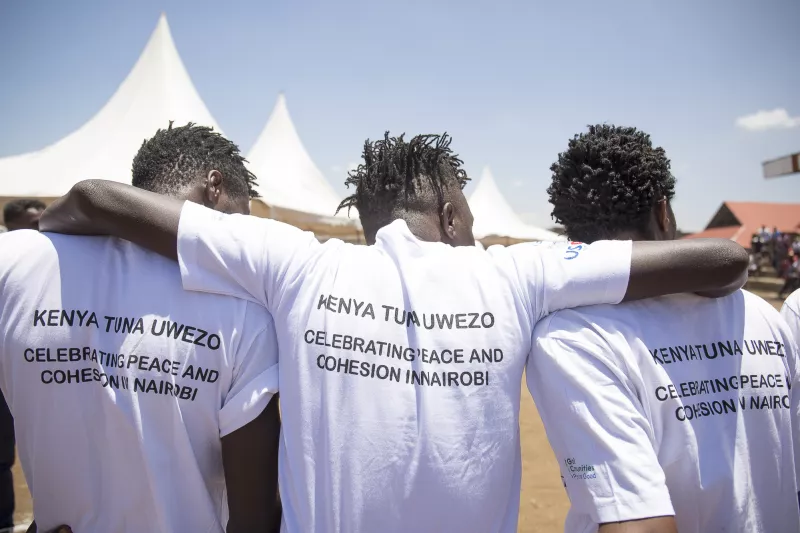DRG Integration
Integrated assistance supports democratic objectives that address inequality, marginalization, and indignity that undermines overall development as well as achieves and sustains development gains
DRG integration reflects the myriad linkages between democratic, inclusive governance, and the full range of USAID social and economic development objectives. Recognizing the challenges and opportunities associated with democratization cannot be addressed by democracy programs alone, the entirety of USAID’s portfolio is increasingly seeking to align its efforts to contribute to democratic resilience. Notably, this includes supporting the effectiveness of democratic institutions, recognizing that the value felt by citizens for democratic governance is intrinsically connected to the ability of democracies to offer opportunity, security, and social progress.
The converse is also true. Democracies, however imperfect, consistently outperform authoritarian states in protecting human dignity, developing prosperous societies, and delivering on social goods like health and education. Democracies are also stronger and more reliable economic, climate, and security partners, arguing for promotion of DRG as an approach toward promoting other goals.
Political Economy Analysis (PEA), and associated approaches to programming known as Thinking and Working Politically (TWP), can be critical in supporting improved understanding and focus on the myriad ways in which development processes are interconnected. PEA and TWP help development practitioners to focus on not only how but also why things happen. Exploring the politics, history, social, and economic dimensions of a given development problem can help unpack the dynamics and incentives that structure actors' choices and ultimately determine development success or failure. In many ways PEA tries to determine the who, what, and why that keeps and sustains the status quo and what realistic opportunities are there to change incentives and to effect change.

